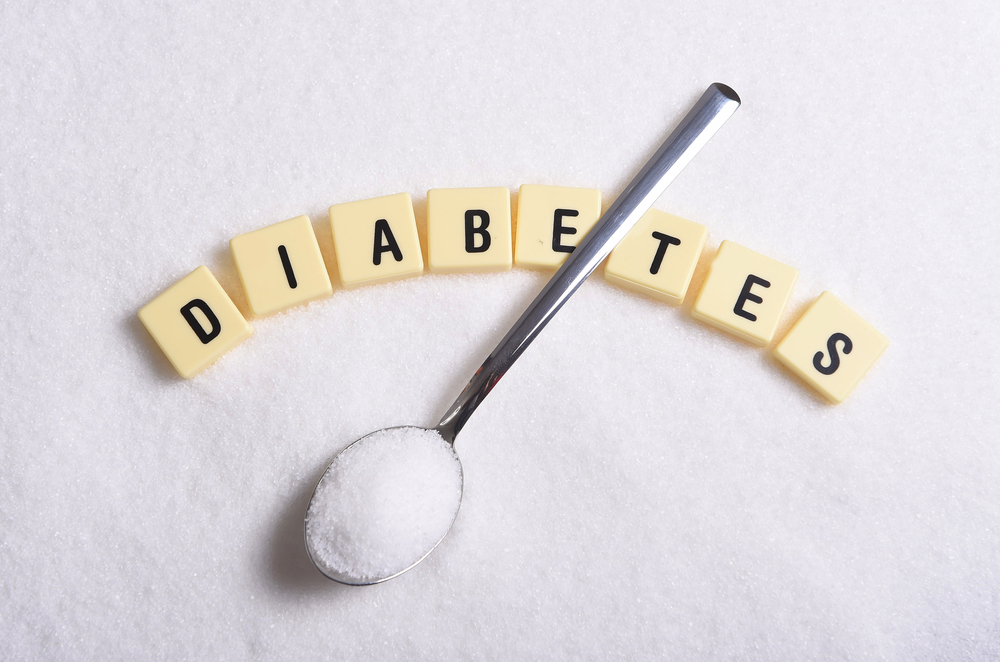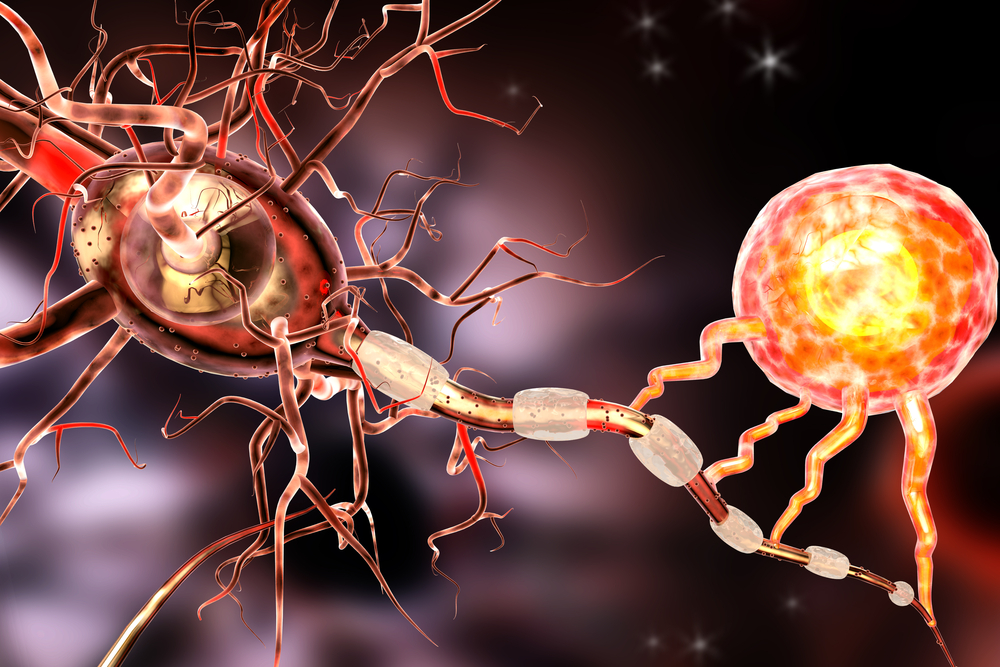We all feel tired from time to time. We often just chalk it up to stress, a late night or a tough week at work.
And while those things can be to blame for isolated incidents of fatigue, chronic and unexplained tiredness is more likely to be caused by an underlying medical condition.
Here are 8 such ailments.
1. Hypothyroidism

Your thyroid – located on the front of your neck – creates hormones that control the way your body uses energy. When your thyroid creates too few of these hormones, you feel weak and tired.
Untreated hypothyroidism is no joke; in many cases, it leads to sudden cardiac death. This is because of the illness’ tendency to increase bad cholesterol levels.
25 million people in the U.S. suffer from hypothyroidism. Half of them are undiagnosed. Could you be one of them?
Also Read: 11 Common Symptoms of a Thyroid Problem and How to Treat It Naturally!
2. Iron Deficiency
Iron deficiency is incredibly common and can happen at any age. The problem with iron deficiency is that it causes your body to lose red blood cells faster than they can be replaced – a condition known as anemia.
Red blood cells carry oxygen throughout your body and give various organs energy to function properly. What happens in their absence? Yup, you guessed it – fatigue.
When left untreated, as it often is, iron deficiency poses a major risk for heart failure. It’s estimated that iron deficiency causes 154,000 deaths around the world annually.
3. Diabetes

High blood-sugar levels affect a diabetic body’s ability to move glucose (energy) from the blood into various cells. This results in feelings of depression, a lack of energy and difficulty carrying out tasks that were once easy.
9.3% of the American population has diabetes, and 27.8% of that number are undiagnosed.
Type 1 diabetes can reduce life expectancy by an average of 20 years, largely due to undiagnosed or untreated cases, which can result in sudden cardiac arrest or stroke.
4. Fibromyalgia
Fibromyalgia causes fatigue due to the disturbing nature of its other symptoms, which can include:
- Abdominal pain
- Anxiety
- Depression
- Chronic headaches
- Irritable bowel syndrome
- Painful trigger points
- Restless leg syndrome
Doctors believe that as many as 75% of those with fibromyalgia are undiagnosed.
That high count is partially due to the fact that some men mistakenly think their symptoms cannot be indicative of fibromyalgia. In reality, symptoms can appear in men, women and children.
Untreated, fibromyalgia significantly increases suicide and accidental death risk.
5. Multiple Sclerosis

Fatigue occurs in 80% of multiple sclerosis patients, according to the National Multiple Sclerosis Society. Doctors suspect that MS causes fatigue because of nocturnal muscle spasms and bladder dysfunction that can make getting a refreshing night’s sleep impossible.
More than 400,000 people have MS in the U.S. Some experts believe there are just as many undiagnosed people with the condition.
6. Depression
Depression is an incredibly common disorder. The National Institute of Mental Health says it affects 40 million adults in the U.S. alone.
Despite being incredibly treatable, only one third of people suffering from it seek treatment.
Those not getting proper treatment are exposed to chronic fatigue thanks to the condition’s frequent headaches and chronic pain.
Also Read: This is What Depression Does to Your Body
7. Glandular Fever

Glandular fever is an infection that typically passes within 2-3 weeks. But the fatigue that occurs as a result can last as long as 6 months after the original infection has passed.
Glandular fever is characterized by the following symptoms:
- A skin rash
- Loss of appetite
- Nausea
- Sore throat
- Swollen spleen
- Swollen lymph nodes
- Jaundice
There are more than 3 million cases of glandular fever each year. The bacteria that causes it is passed through kissing, exposure to coughs and sharing of cutlery.
Glandular fever results in life-threatening complications in 1 out of every 1,000 cases.
8. Sleep Apnea
Sleep apnea is one of the most common sleeping disorders in the United States. It seriously disrupts REM sleep and can leave you feeling fatigued and drowsy during the day.
If you have a partner, ask your partner to keep an eye out for the following symptoms of sleep apnea:
- Excessive snoring
- Long pauses in breaths while sleeping
Those who are overweight are at a higher risk of sleep apnea.
Sleep apnea greatly increases one’s risk of dying due to sudden drops in blood-oxygen levels. It also increases the risk of liver problems and complications during surgery.
Check out this video from David to learn about one common bedmate that could be ruining your sleep!
https://youtu.be/iUFytZHG2bk
Sources:
Alaska Sleep
Web MD
Entrepreneur.com
Medical News Today
National Institute of Mental Health
National Multiple Sclerosis Society
CDC


